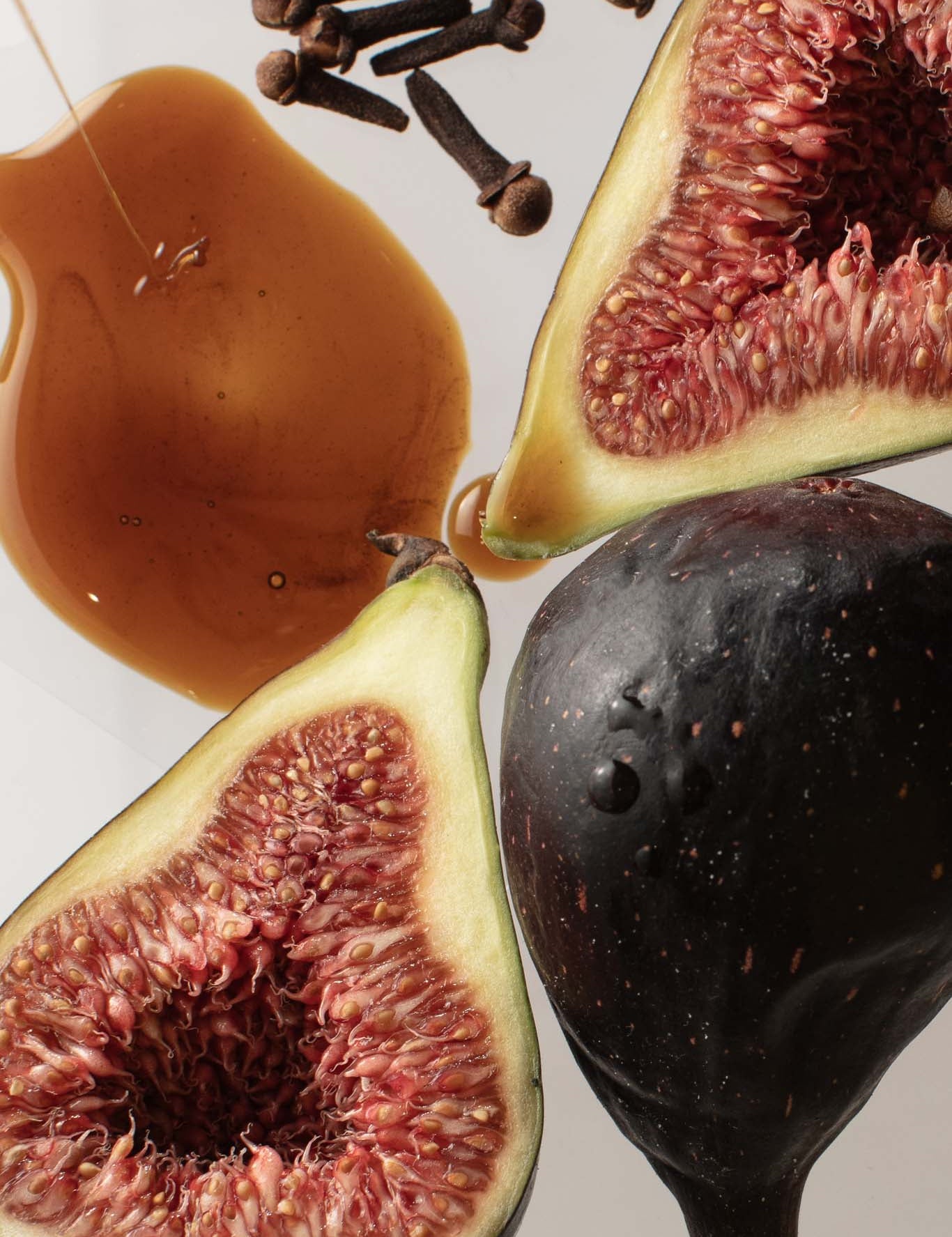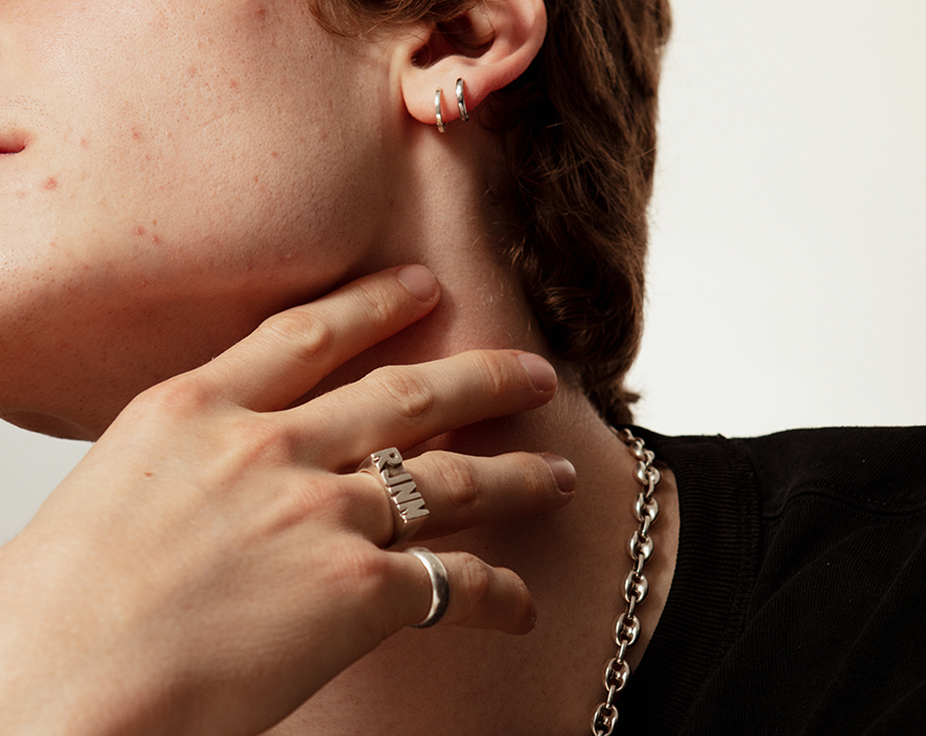Why Can't I Smell my Perfume?

Ever walked down the street and caught someone’s amazing scent trail, wishing yours had the same ability to stop people in their tracks? Or wonder why your scent just doesn't last as long as you hoped?
Well, one answer is: it possibly is lasting well. You just can’t smell it. Hands up if you've ever got into a position where you've moved from a couple of sprays each morning to dousing yourself in scent just to feel like you're getting something? The scent hasn't changed. Instead, it's you.....
Why can't we smell our perfume any more? If we keep registering all the sensory input we get through the day we’d be exhausted and wired. We wouldn’t have bandwidth to do anything, and would probably be in a frazzled heap on the floor.
We have to continually let things go, to be able to focus on something else.
Once our brain has registered something we often tune it out. This can happen with any sensory stimulation including sound. Ever realise you’ve totally zoned out of your podcast and have no idea what anyone was talking about? Yep.
With smell, our brain is telling us this odour isn’t a threat to us, and we can carry on with whatever we were doing.
We also know that a lot of large molecules that add power to fragrance are so large we might not all be able to smell them.
Everyone has their own pattern of olfactory receptors at the top of our noses - the docking stations that pick up the smells when we breathe. With the sense of smell, ALL of us have particular odours we won’t notice because our receptors are slightly different. It’s really hard to know what these blind-spot aromas are, because….well we can’t smell them.
This phenomenon is called ‘selective anosmia’. Anosmia refers to a lack of sense of smell. In this case it’s selective because this lack only applies to certain molecules. There may be genetic reasons behind some of this which relate to how odourants interact with our receptors We also know that some materials used in perfumery, notoriously ionones (which smell like violets) can fatigue our nose so we can smell them for a few breaths, then they seem to disappear and even block out other smells afterwards. A bit like interference or white noise running in the background.
This whole area is still unproven and there is more research to understand more about selective anosmia.
Interestingly, it’s not a blanket thing. There are a few different musk materials used in perfumery, and often we’ll be able to smell some of them but not others. This is why perfumers will often blend a few different musks into a product so they know most of us should be able to smell at least one of them.
It’s also possible to build up your ability to detect certain perfumery materials simply throught practice. If you re-sniff materials or ingredients regularly, as perfumers do, after a while your receptors could start to register them.
So far, researchers don’t know exactly how long this takes, or how much exposure you need of any particular material, but the more you try smelling, the more likely you are eventually to one day realise: “I’ve got it now.”
Sometimes you might be able to smell a material once it’s blended in a perfume, or a few hours after application onto a scent strip. When it’s freshly sprayed those molecules lodge in your receptors and ‘knock them out’. But after a few hours of sitting on your skin or the scent strip, you’ll inhale fewer molecules and will have more of a chance of noticing them. This is a really strange case of less is more.
So if you feel like your favourite scent's not lasting or smells weaker, yes, it could have been reformulated or diluted, but actually, the answer could lie in either your nose or your brain.
Want to keep noticing your fragrance so it smells as strong as the day you first wore it? One solution is to switch up your scent regularly to keep stimulating our brain with novelty. Some people who wear the same scent for decades can no longer smell it at all. If we have a wardrobe containing a few, really different styles of fragrances, we get the contrast we need to continually appreciate how we smell. Another way of doing this, if you don't have the budget for multiple scents, is to buy smaller bottles instead of a huge 100ml one. That way we can enjoy a fragrance for a season and then move on before habituation sets in: a form of scent serial monogamy.
An alternative is to take a break from our scent for a couple of days before going back to it, by which point your brain might be ready to take it in again.
- Tags: anosmia


